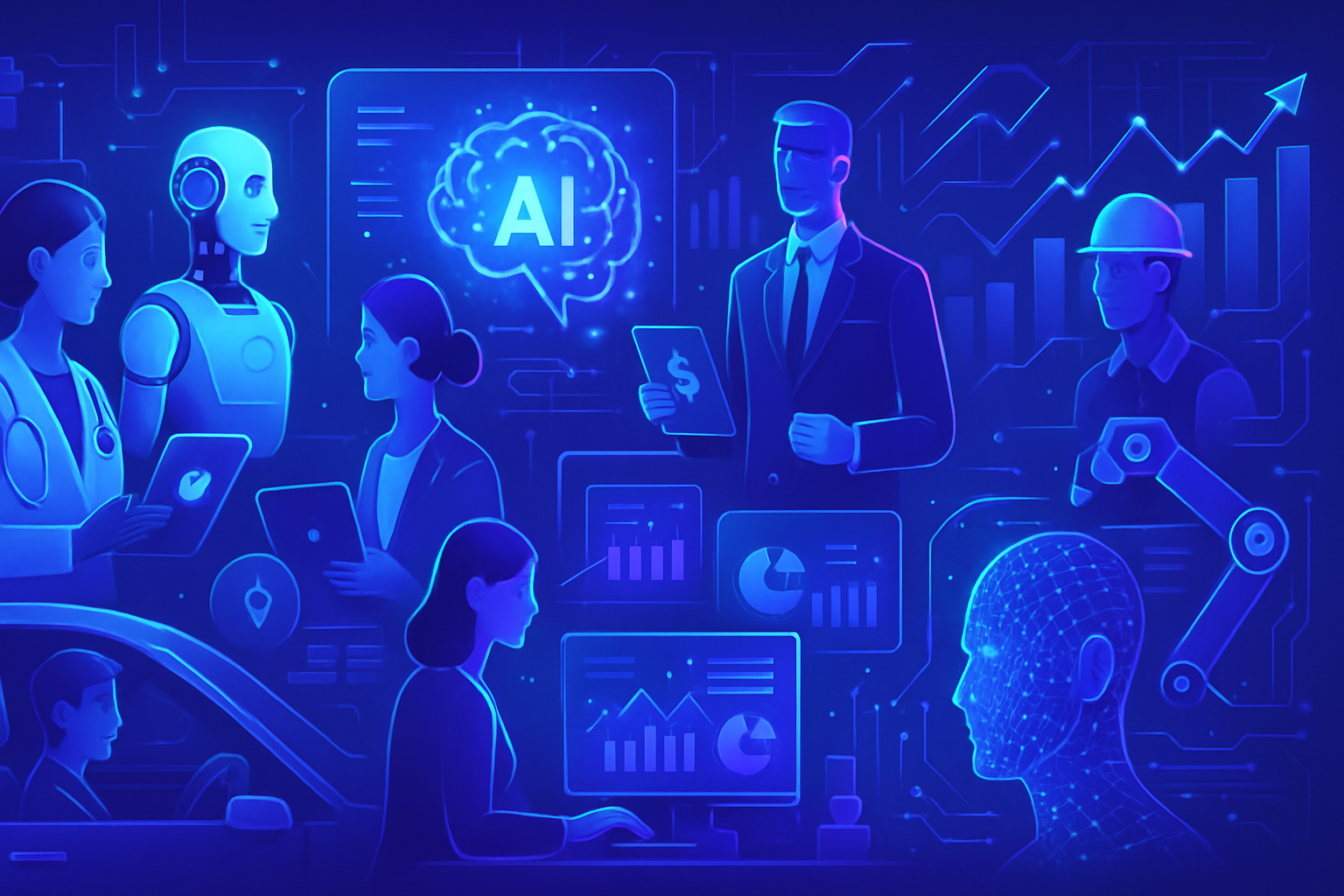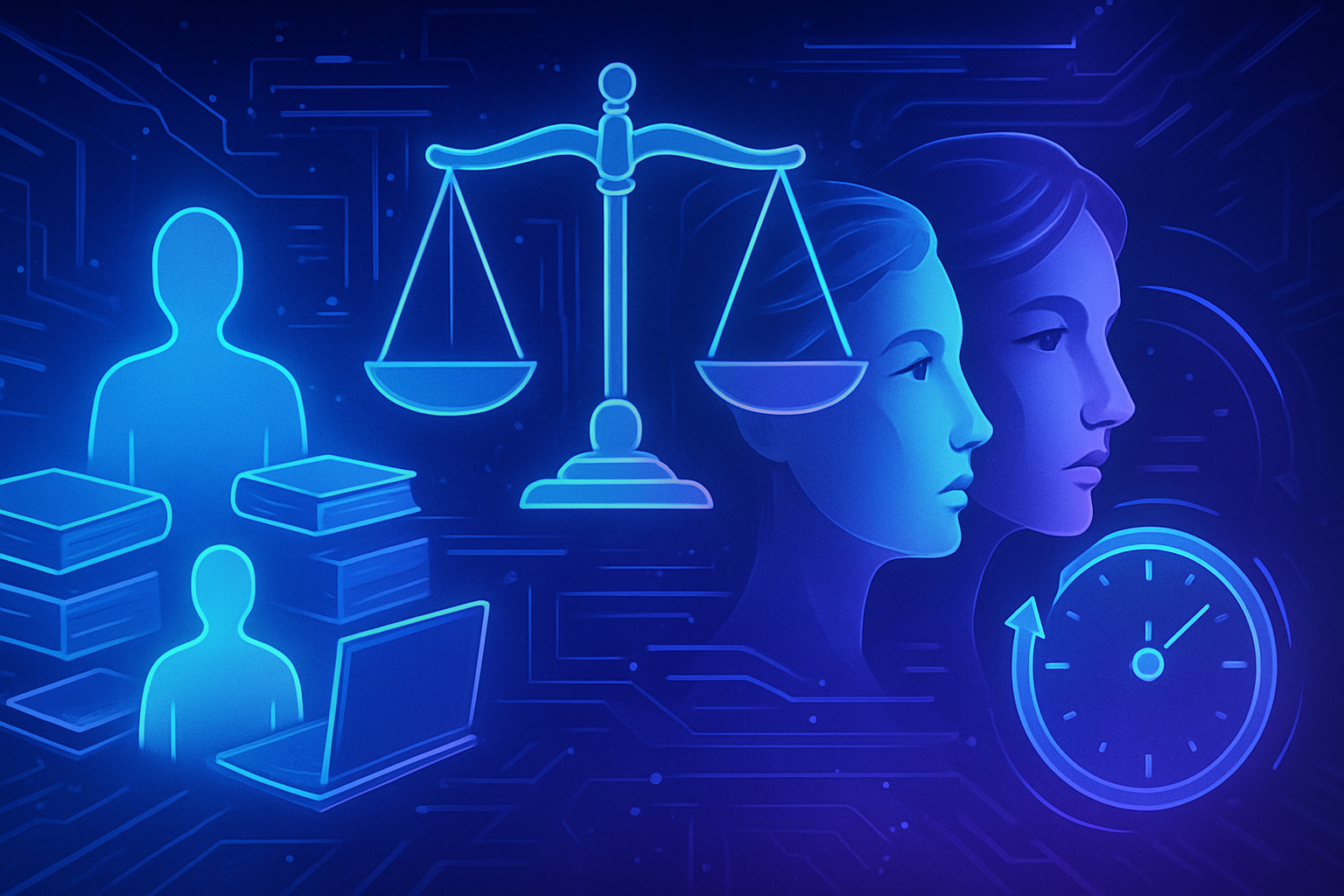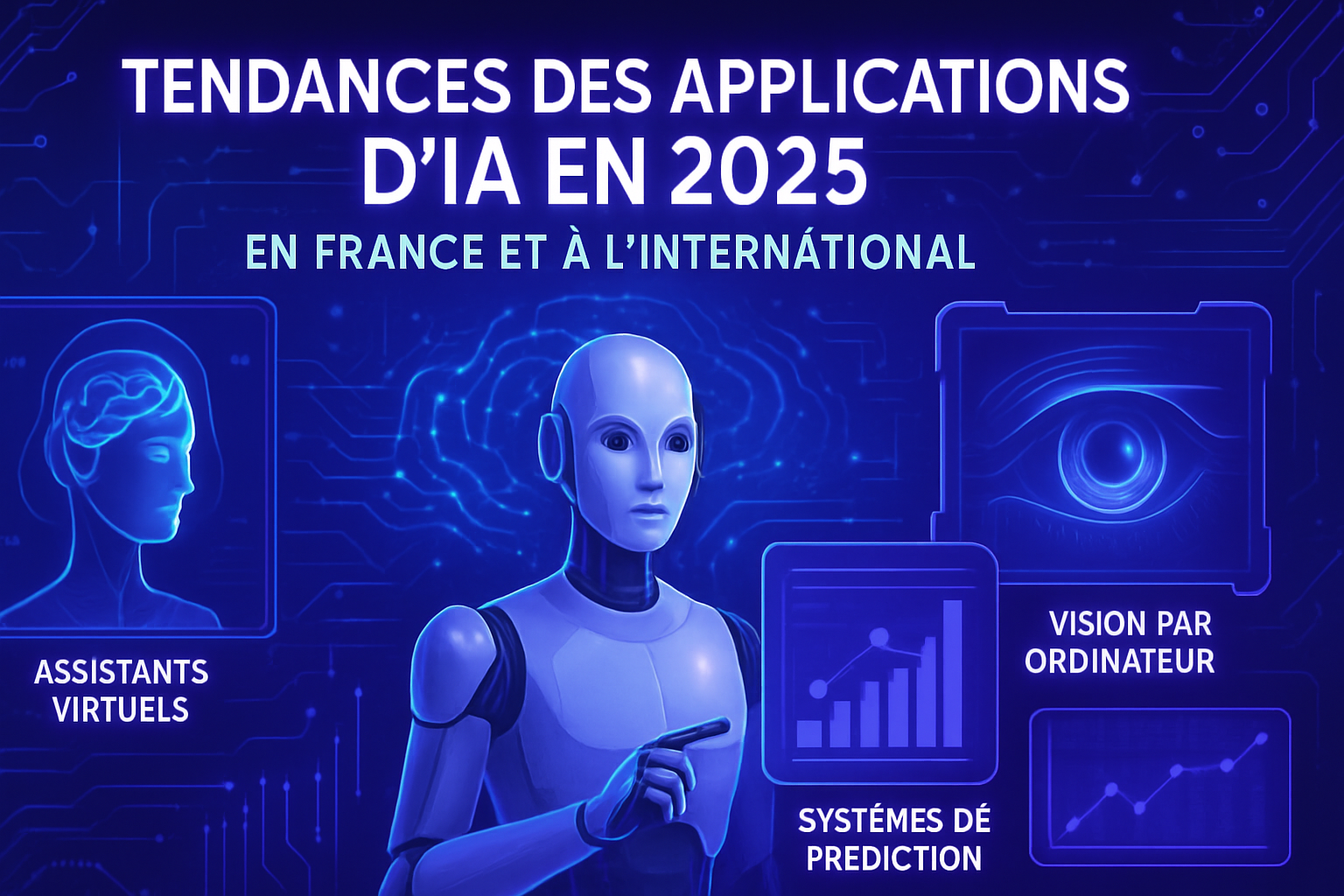The harmonization of data, systems, and society presents a major challenge in the digital age. The complexity of modern societal issues calls for unprecedented synergy between various fields of expertise. Issues such as climate change, the regulation of artificial intelligence, and the management of pandemics require an integrated understanding that transcends disciplinary boundaries.
This integrative approach fosters fertile dialogue among engineering, public policy, economics, and data analysis. The actors in this initiative must scrutinize the consequences of their decisions on society as a whole. The interaction between physical systems, the individuals interacting with them, and the policies governing their use proves essential for developing sustainable solutions.
The complexity of contemporary societal challenges, such as climate change and pandemics, requires an integrated approach. Munther Dahleh, a professor of electrical engineering and computer science at MIT, emphasizes the necessity of synergy among different disciplines, particularly engineering, policy, and economics. These interactions, often drivers of innovation, become essential in a world where traditional solutions show their limits.
Working at the Intersection of Disciplines
The development of the Institute for Data, Systems, and Society (IDSS) at MIT has been a thoughtful response to this issue. This new entity aims to transcend traditional academic divisions to foster sustainable collaborations. The goal is to create lasting interactions between researchers from different specialties.
Dahleh has articulated this concept of a “triangle,” which connects physical systems, human interactions, and regulation. By exploring these relationships, it becomes possible to understand how each component influences the others. Particular attention is also given to the role of data, which sits at the heart of this triangle, facilitating interactions among these components.
Concrete Examples and Societal Challenges
The Covid-19 pandemic perfectly illustrates the stakes of this approach. This event revealed the complex connections between biology, social behavior, and political decisions. Lockdown measures, for example, have immediate ramifications for the economy and public health. Analyzing these interactions in real-time requires the accumulation of data and a nuanced understanding of the systems at play.
The dangers associated with misinformation, particularly on social media, underscore the importance of proper regulation. E-commerce platforms also face ethical questions, and handling disastrous information becomes an unavoidable challenge. Each technological innovation must incorporate the expectations and concerns of users to ensure successful adoption.
Reflections on the Ethics of Artificial Intelligence
Dahleh insists on the ethics of artificial intelligence, regarded as a major issue. The design of AI systems must take into account programmed decisions in delicate situations. Autonomous vehicles, for example, pose ethical questions, as what is deemed right could lead to adverse effects on society.
A striking dilemma emerges: while most consumers believe an autonomous vehicle should prioritize the life of an innocent pedestrian over that of its driver, few want to buy such a vehicle. This missed opportunity for the adoption of technologies could therefore have detrimental consequences for road safety.
Rethinking Academic Collaborations
The absence of structures that foster long-term collaborative projects poses a barrier. Most interdisciplinary efforts often prove to be transient. In establishing IDSS, Dahleh sought to address this gap by creating a culture of interaction among students. For example, the doctoral program includes core courses in both social sciences and mathematical theories.
Such an innovative environment encourages students to think about systems in an integrated way. These initiatives help to form a community where fundamental principles are discussed and developed in parallel. Interactions between different specialties will create modes of thought adapted to today’s societal challenges.
Frequently Asked Questions about the Harmonization of Data, Systems, and Society
What is data harmonization in the context of systems and society?
Data harmonization refers to the process aimed at integrating and synchronizing data from different sources to ensure their consistency and relevance in analysis and decision-making within a societal system.
How can the harmonization of systems influence social development?
The harmonization of systems enables better collaboration among different social actors by facilitating information sharing, which contributes to more effective decision-making and more inclusive social development.
What challenges do institutions face when harmonizing data?
Institutions may encounter difficulties such as varying data standards, privacy issues, interoperability between systems, and resistance to cultural change within organizations.
Why is it important to involve different areas of expertise in data harmonization?
Involving diverse areas of expertise, such as engineering, economics, and social sciences, allows for a holistic approach to societal problems, ensuring that all dimensions of a challenge are considered.
How can citizens benefit from the harmonization of data and systems?
Citizens can benefit from harmonization through improved public services, better crisis management, such as during the Covid-19 pandemic, and increased transparency and accountability from institutions.
What roles do public policies play in the harmonization of systems?
Public policies play a crucial role by establishing regulatory frameworks that promote collaboration among different actors, encouraging innovation, and ensuring that data is used ethically and responsibly.
How can research in artificial intelligence contribute to data harmonization?
Research in artificial intelligence enables the development of advanced analytical tools that help process vast data sets, thereby facilitating the identification of trends and informed decision-making in complex contexts.
Why is ethics essential in the context of harmonizing systems and data?
Ethics is essential to ensure that technologies and systems developed respect individuals’ rights, avoid biases, and promote social justice in the processing and use of data.
What examples illustrate successful data and systems harmonization?
Examples include crisis management platforms that integrate health, economic, and social data for a rapid and effective response, as well as smart city initiatives that utilize data to enhance urban services.






